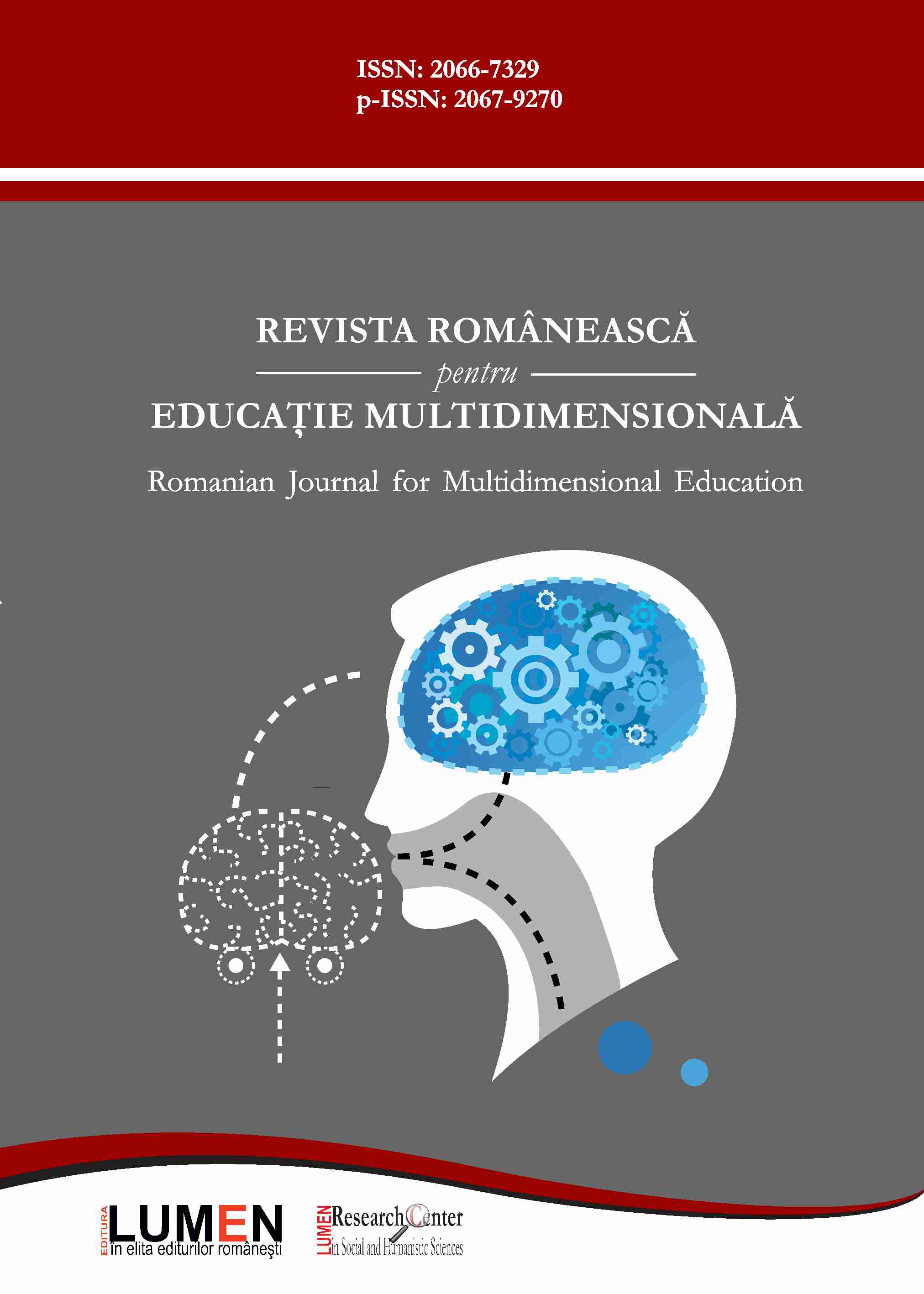Gamification in Non-Formal Adult Educational Practices
Gamification in Non-Formal Adult Educational Practices
Author(s): Olena Samodumska, Inna Zarishniak, Halyna Tarasenko, Svitlana Buchatska, Iuliia Oleksiivna Budas, Iryna TregubenkoSubject(s): School education, Adult Education, Educational Psychology, Pedagogy
Published by: Editura Lumen, Asociatia Lumen
Keywords: Non-formal adult education;adult education centres;application of gamification;non-game context;game components;game mechanics;game dynamics;
Summary/Abstract: The presented article reveals and generalizes the experience of using gamification in the context of non-formal adult educational practices.From this perspective, the basic understanding of gamification is defined, priorities are set for the use of gamification components, the non-game context as a basis for gamification of training course programs is analysed. An empirical study of extrapolated game mechanics in non-formal adult educational practices of Adult Education Centres has been carried out. Definitions are given regarding consideration of social and psychological types of adult students for application of gamification of non-formal education.In the article the gamified educational non-game context is formulated as non-imitation with apreserved invariable content of educational activity at changingthe way of organization of this activity.Among the most common game mechanics found to meet the priority needs of adult students are those in which reward was offered for the task; balanced competition was stimulated; different types of interaction were envisaged; an opportunity was provided to share results and achievements outside of training; quick feedbackwas provided.Variability of extrapolation of game mechanics into non-formal educational practices of adults concerns the following main didactic categories of educational programs: learning objectives; the forms of training organization; teaching methods; learning motivation; control of learning outcomes.
Journal: Revista Românească pentru Educaţie Multidimensională
- Issue Year: 14/2022
- Issue No: 2
- Page Range: 156-176
- Page Count: 21
- Language: English

